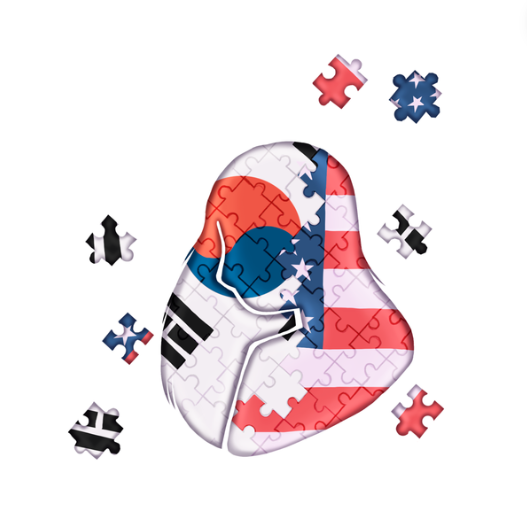Why Some Adoptees Have Mixed Feelings on Their Birthday
Photo Taken by Stephanie McCabe
As a child, we are taught that birthdays are a day to celebrate. Many individuals will throw a party to acknowledge and toast the person who is now a year older. Most importantly, it is a day to be reminded of how loved we are by our friends and family.
Our society has taught us that we should be happy and joyful on our birthday. We should be grateful to be alive and thankful for all the adventures we have experienced. We are also taught to be hopeful and excited about what the next year will bring us. For an adoptee, however, birthdays can sometimes bring up unpleasant emotions.
As a Korean adoptee, I have always struggled with my emotions on the days leading to my birthday as well as after. There are times where I will get overwhelmed with this sense of having to be thankful and grateful for the life I was given. I frequently find myself thinking and asking myself questions such as:
Where would I be if I wasn’t adopted? What would my life be like? Would I be in foster care? Would I still be with my birth mother? Does my birth mother think about me on my birthday? Does she care? Would I be as loved as I am now?
Over the years, I have created so many different scenarios in my head. All of the storylines lead to the conclusion that my life is so much better because I was adopted. This eventually leads me on the path of being thankful that I was saved/rescued/given a better life in the United States.
Other times, I experience this pain and fear of separation. This has causes me to pull away from loved ones. In the past, I have created scenarios in my head about how I am a burden and makeup reasons why they might want to leave my life.
Sometimes the pain and fear of separation cause me to do whatever I can to attach to my loved ones. I try to find ways to make them need me. I do this by seeing them more, helping them with issues going on in their life, and finding ways to be closer to them to prevent them from leaving. All of these are unhealthy coping mechanisms, I have used in the past to deal with my contrasting feelings.
Many adoptees experience different emotions during our birthday because we are trying to find ways to cope with our primal wound. Our wound typically becomes more apparent on days that remind us of the loss of our birth parent(s).
Primal wound is a “wound which is physical, emotional, psychological, and spiritual that is caused by the separation of a child from their biological mother” (Verrier, 1993, p. XXI).
Many adoptees have this mysterious link between themselves and their birth mothers. This link typically starts to develop before the child is born. The birth mother starts to bond spiritually, physiological, and psychologically with the child in utero. When a child is taken away from their birth mother at a very young age, the child experiences abandonment and loss. Feeling of hopelessness, rejection, separation, guilt, shame, and distrust is imprinted upon the child’s unconscious mind. These feelings can stay with the child throughout their entire life which creates this primal wound. The emotions that some adoptee feels on their birthday are just reminders of the same emotions they felt when they were taken away from their birth mother.
Some adoptees may not even be aware of why they might feel this way. I personally didn’t until I read Nancy Newton Verrier’s book called “The Primal Wound: Understanding The Adopted Child.”
Because of the lack of awareness and societal pressure to be happy on our birthday, many adoptees are taught to create this “false sense” of ourselves. We tend to please people during this time instead of allowing ourselves to acknowledge, experience, and take care of our primal wound.
Over the years, I have found more comfort by telling my loved ones about my struggle. I have stopped trying to always be happy on my birthday. I have allowed myself to take care of my feelings and needs during this time. I make sure to give myself extra self-love and ask my loved ones for more support when I need it.
I hope that society can start to be more aware of the struggle that some adoptees are going through and to stop putting pressure on people to be happy during this time.
My hope is by sharing my story, that other adoptees can find comfort in knowing that it is okay to have mixed emotions on your birthday. At the end of the day, it’s your birthday and you are allowed to cry if you want to.
Resources:
Verrier, N.N. (1993). The Primal Wound: Understanding the Adopted Child. Gateway Press Inc.

